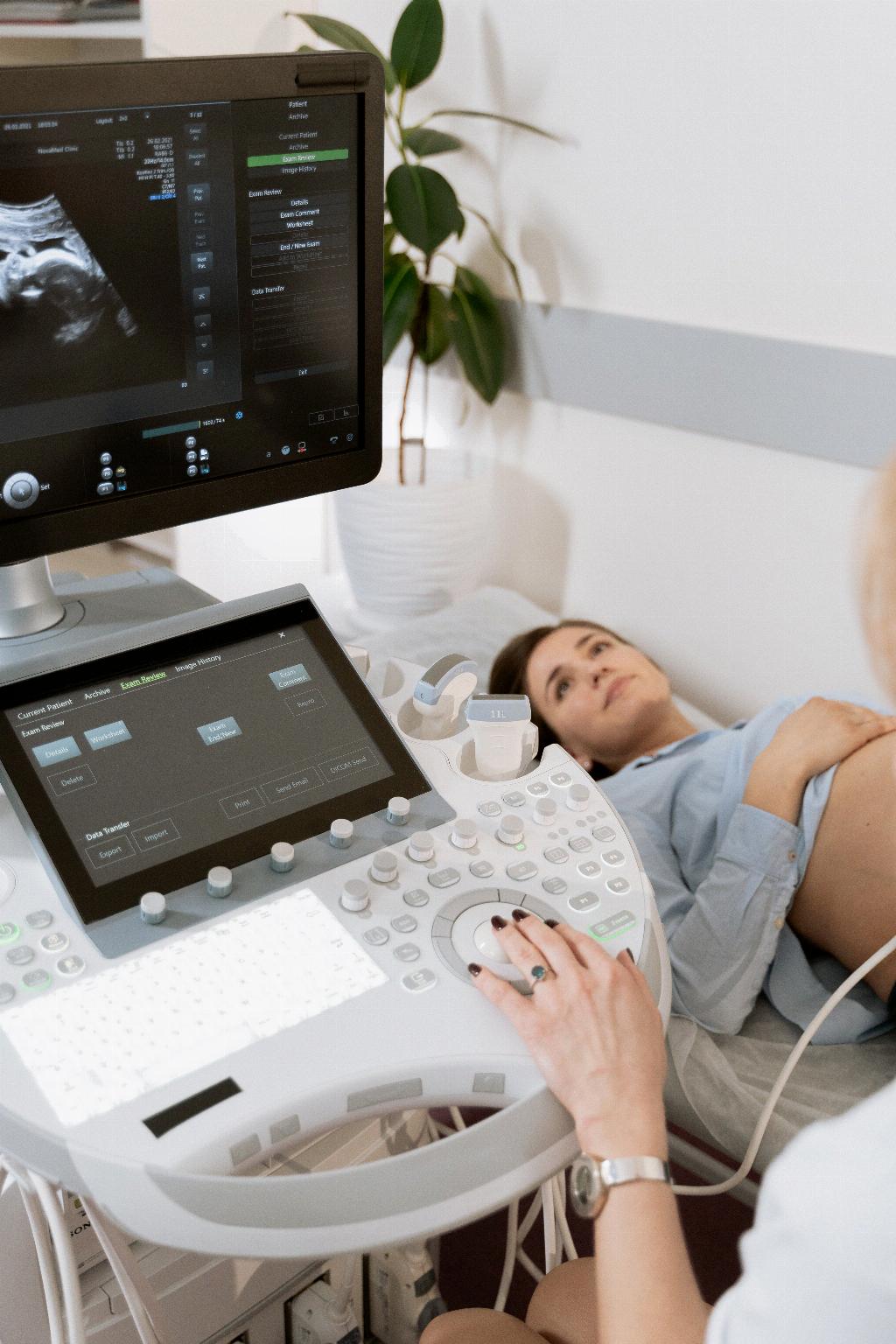When pregnant, experiencing a urinary tract infection or UTI can be quite uncomfortable and concerning. UTIs are common among pregnant women due to hormonal changes and the physical changes that occur in the urinary tract during pregnancy. Among the various symptoms that can be experienced, cramps or pain in the lower abdomen are a common tell-tale sign of a UTI during pregnancy.
One of the key indicators of a UTI while pregnant is experiencing pain during sexual intercourse. This discomfort can be attributed to the infection causing inflammation and irritation in the urinary tract, making intimacy a painful experience for expectant mothers. It is crucial to address this symptom promptly to prevent any complications.
In addition to abdominal pain and discomfort during intercourse, pregnant women with UTIs may also experience chills, fever, and sweats. These flu-like symptoms can be alarming but are often a result of the body’s immune response to the infection. It is essential to monitor these symptoms closely and seek medical attention if they persist or worsen.
Another common symptom of a UTI during pregnancy is leaking of urine or incontinence. This can be a distressing experience for expectant mothers, leading to embarrassment and discomfort. It is important to remember that this symptom is a result of the infection affecting the bladder and urinary function, and seeking treatment can help alleviate this issue.
Waking up from sleep to urinate frequently is another sign that a pregnant woman may be dealing with a UTI. The urge to urinate frequently, especially at night, can disrupt sleep patterns and lead to fatigue and discomfort. This symptom, along with others, should not be ignored, as UTIs during pregnancy require prompt medical attention to prevent complications.
Aside from physical symptoms, pregnant women with UTIs may also experience emotional distress due to the discomfort and uncertainty surrounding their condition. The combination of physical discomfort and worry about the impact of the infection on the pregnancy can result in heightened stress levels.
Addressing a UTI during pregnancy involves seeking medical advice and treatment from healthcare professionals. It is essential for expectant mothers to communicate any symptoms they are experiencing openly and honestly with their healthcare providers to ensure appropriate care and management of the infection.
Antibiotics are commonly prescribed to treat UTIs in pregnant women, as they are effective in combating the bacterial infection causing the symptoms. It is crucial for pregnant women to complete the full course of antibiotics as prescribed by their healthcare provider to ensure the infection is fully eradicated.
Alongside medical treatment, pregnant women can also take steps to prevent UTIs by staying hydrated, practicing good hygiene, and urinating frequently. These preventive measures can help reduce the risk of developing a UTI during pregnancy and promote overall urinary tract health.
Monitoring symptoms and following up with healthcare providers is essential for pregnant women with UTIs to ensure timely intervention and appropriate management of the infection. By being proactive in seeking treatment and adhering to medical advice, expectant mothers can effectively address UTIs during pregnancy and safeguard their health and the well-being of their unborn child.
In conclusion, UTIs during pregnancy can manifest as a range of symptoms, including abdominal pain, discomfort during intercourse, fever, incontinence, frequent urination, and emotional distress. Prompt medical attention, effective communication with healthcare providers, and adherence to treatment are crucial for managing UTIs in pregnant women and promoting a healthy pregnancy.

